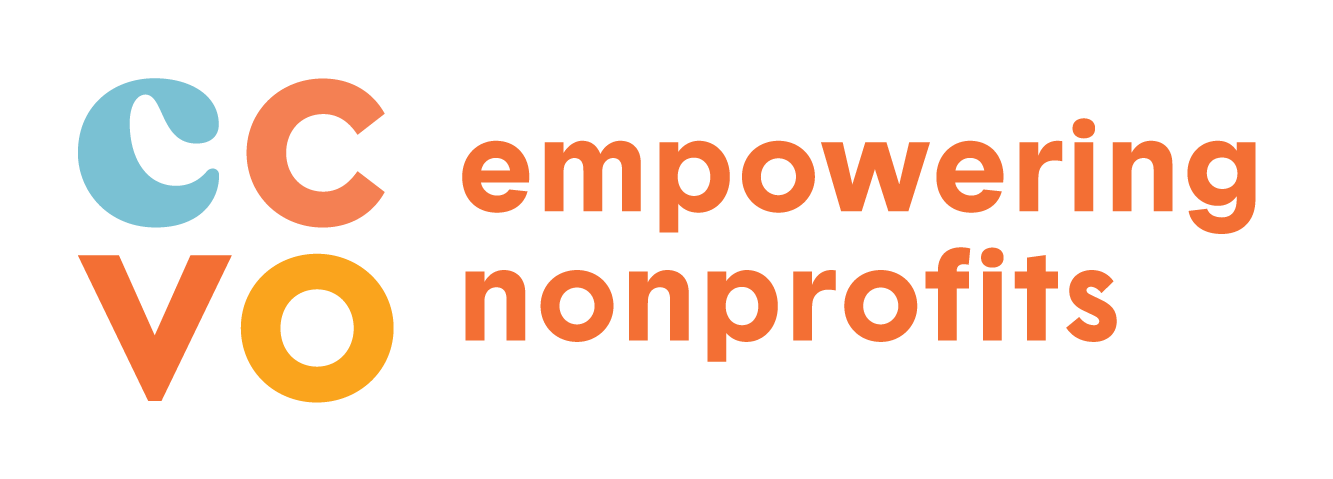Breaking Down Bill 2: What It Means for Your Nonprofit
By Vivian Mak, CCVO Policy Intern
With the debate lasting over 24 hours, earning the title of longest continuous sitting in the legislative assembly, Bill 2: An Act to Make Alberta Open for Business, is set to implement critical and strategic changes affecting the Alberta labour force.
As the bill covers a range of subsections – from the Alberta Employment Standards Code, to the Labour Relations Code, to changes in the minimum wage – it is easy to get confused about which regulations are changing and when they will come into effect. This blog will break down Bill 2 and help you understand how your nonprofit will be affected by the new legislation, if it is passed in its current form.
Changes in Minimum Wage
What is changing?
A wage tier will be implemented for students under 18. Rather than being paid $15.00/ hour, employers are now able to pay $13.00/ hour for the first 28 hours worked during the school week, and all hours worked during the summer, holidays, and breaks. Even though employers can choose to lower wages of students that were hired prior to the regulation taking effect, they can also choose to continue paying students more than minimum wage. If an individual is under 18 but is not attending an educational institution, they will continue being paid at $15.00/ hour.
What if the student wage being paid is part of a collective agreement?
If an employee is being paid a wage determined by a collective agreement, that wage still stands for the remainder of the period that the fixed wage is in effect.
When does this come into effect?
As this change was executed through an Order in Council, it will be effective starting June 26, 2019.
Changes in Banked Overtime
What is changing?
Currently, in accordance with Section 23 of the Employment Standards Code, employers are required to provide paid time off (during regular work hours) at a rate of 1.5 times every hour of banked overtime (ie. for every hour of banked overtime, the employee would receive an hour and a half of paid time off). However, if the act were to come into effect, this banked overtime can be paid out in straight time off (ie. for every hour of banked overtime, the employee would only receive an hour of paid time off). Paid overtime (that is not banked) will still be paid out at a rate of 1.5 times.
When does this come into effect?
If the bill is passed, then this change will come into effect on September 1, 2019. Any banked overtime that was earned before September 1 will follow the regulations set out in the current Employment Standards Code subsection 23(2)a.
Changes in General Holiday Pay
What is changing?
The new legislation will require employees to work for a minimum of 30 days before being eligible for general holiday pay. There will also be more provisions on which employees can be paid on general holidays based on their regular hours worked. As a guideline:
If an employee does not regularly work on the general holiday and/or they are absent for the day before or after the general holiday without employer consent, they are not eligible for pay
If an employee does not regularly work on the general holiday but they work, then they are entitled to their regular wage at a rate of 1.5 times
If an employee works irregular hours, they are eligible for pay if they worked on the day of the week that the general holiday falls on in at least 5 of the past 9 weeks
If an employee regularly works on the day of the general holiday but does not, they are entitled to at least their regular daily wage
If an employee is working their regular shift on a holiday, the employer must either pay them their average daily wage at a rate of 1.5 times OR pay the regular daily amount along with a paid day off
When does this come into effect?
If the bill is passed, then these new regulations will be in effect on September 1, 2019. Any general holidays or banked holiday time before this date will follow the current legislation.
Other Changes
What is changing?
Unions will be required to facilitate a mandatory secret ballot vote and provide evidence of 40% employee support within 90 days to be certified.
A minimum wage expert panel will be analyzing the impact of the previous government’s minimum wage raise and researching the effects of the minimum wage in the hospitality industry (specifically, alcohol serving jobs).
The Minister of Labour and Immigration will be providing support to businesses and organizations that are affected by these changes, potentially in a program, in effect October 1, 2019.
Status of the Bill
The second reading concluded on June 5 and passed on division.
What’s Next?
The bill still has to go through the Committee of the Whole and one more reading before it reaches royal assent and comes into force.
In the meantime, nonprofits can evaluate their current policies surrounding banked overtime pay, holiday pay, minimum wage, and collective agreements, and determine if the proposed legislation will have an effect within their organization.
Keep updated with Bill 2 here. If you want to find out more about the Alberta minimum wage, effective at the end of the month, click here.
Many changes are coming, stay proactive and ensure that your nonprofit thrives within this time of rapid change!

